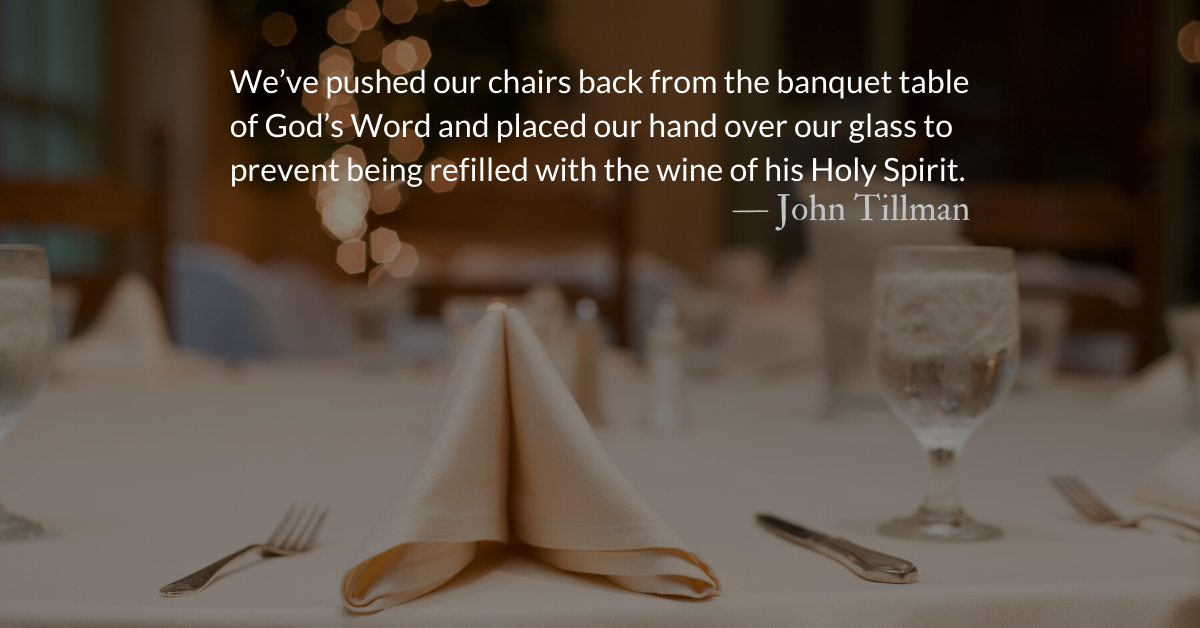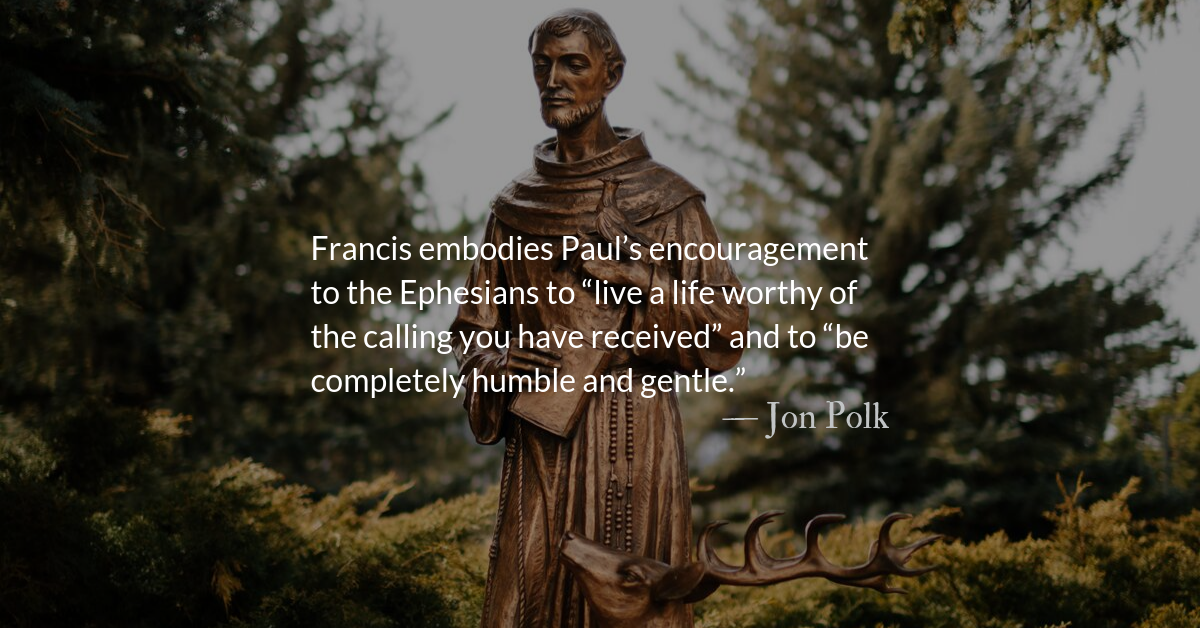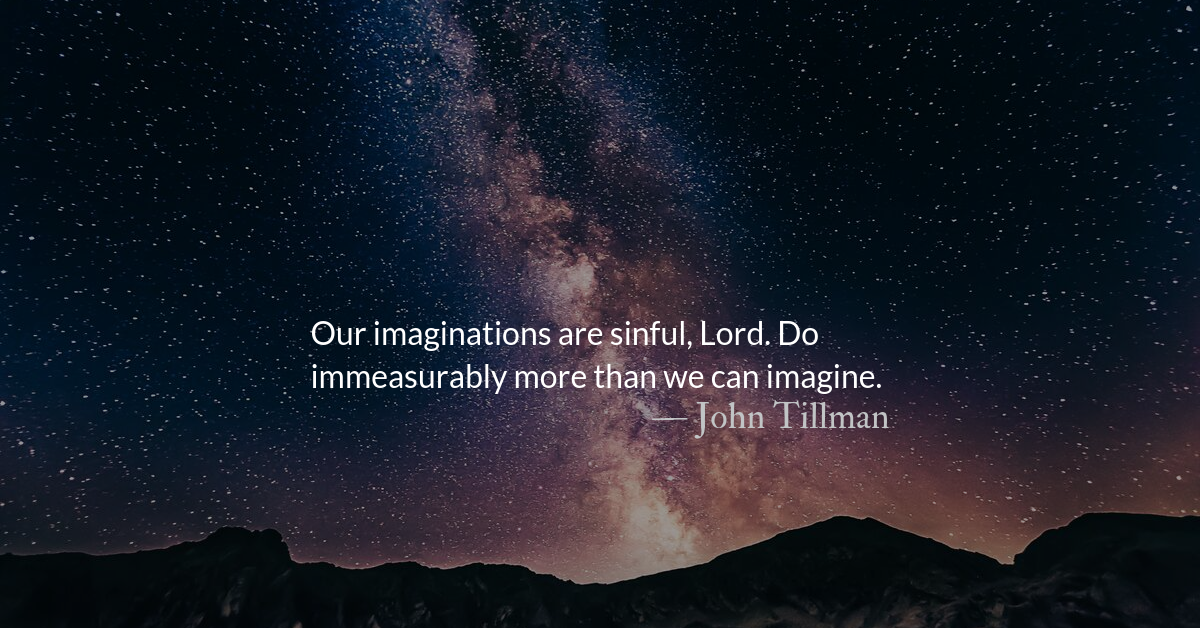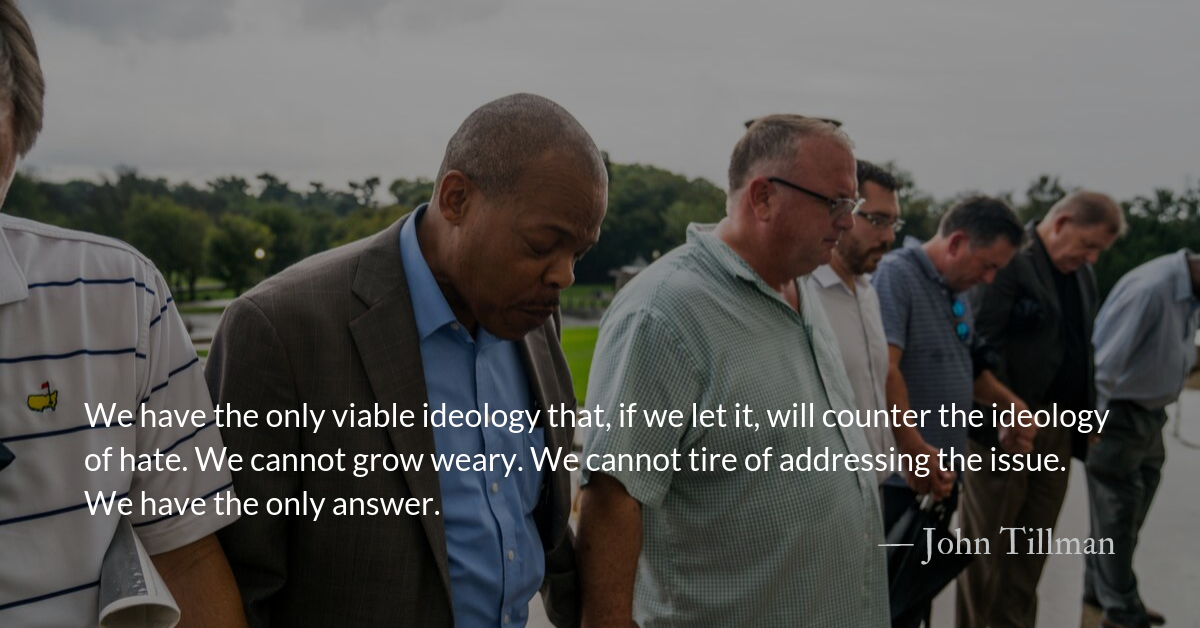Scripture Focus: Proverbs 11.24-25
One person gives freely, yet gains even more;
another withholds unduly, but comes to poverty.
A generous person will prosper;
whoever refreshes others will be refreshed.
People curse the one who hoards grain,
but they pray God’s blessing on the one who is willing to sell.
Ephesians 4.28
Anyone who has been stealing must steal no longer, but must work, doing something useful with their own hands, that they may have something to share with those in need.
Reflection: The Opposite of Hoarding
By John Tillman
Hoarding in a financial investment sense (buying up enough of a commodity to influence its market price) can net speculative investors a profit, but can be considered a criminal act. Prosecuting speculative hoarders is rare because the line between prudent preparation for a crisis and attempts to corner the market are blurry, but high-level investors have gone to jail for hoarding commodities in the past. (One well-known example is Yasuo Hamanaka, the “Copper King” of the 1990s)
The more “street-level” hoarding we are seeing in reaction to COVID-19 is not motivated in an attempt to make illegal profits, but in a surrender to fear and panic. This type of hoarding begins with a fear of scarcity and creates the scarcity that was feared. Hoarders today can look at empty shelves of toilet paper or hand sanitizer and say, “See? I was right to hoard!” It’s a self-fulfilling, self- justifying mania and it has consequences.
Medical supplies such as masks, disinfectant wipes, and hand sanitizer being out of stock across the United States and manufacturers being unable to get more goods to market is causing a very real crisis for medical workers and their patients. In response, some governments are seeking to criminalize hoarding of medical supplies and other goods necessary to slow the advance of the virus.
Hoarding, whether criminal or not, is morally wrong because it withholds necessary goods from those who need them and causes panic and suffering for others. Just because hoarders take items from a store shelf, doesn’t mean that they aren’t also taking them from the hands of the elderly, those with health concerns, and those without the financial margin to “stock up.” In this way, hoarding is similar to stealing, which Paul addresses in Ephesians 4.28.
Hoarding is a natural response to fear. Being united to Christ through the power of the Holy Spirit, we are not to give in to our natural responses, but instead to respond supernaturally. We can respond to fear, not in fear.
What is the opposite of hoarding? What is the opposite of panic and fear? What should the church be known for instead?
Paul advised doing “something useful” and sharing “with those in need.”
May we, with the help of the Holy Spirit, be known in this time of crisis as people of peace rather than panic, as people of hope rather than fear, as people who give to others rather than take from them, and as people willing to suffer that others may be comforted.
May the message of the gospel not be compromised by our acting as if God is not trustworthy, is not loving, and is not concerned with us.
Instead, may the manifold goodness of God be made known to the world through the deeds of our hands and the words of our mouths.
May we willingly limit and give up our freedoms for the good of others, as Christ gave up and limited himself for our good.
May our hearts always be open to others, even if the doors of our homes and sanctuaries must remain closed.
May we store up treasures in Heaven rather than goods on a shelf.
Divine Hours Prayer: A Reading
Jesus taught us saying, “Who, then, is the wise and trustworthy servant whom the master placed over his household to give them their food at the proper time? Blessed is that servant if the master’s arrival finds him doing exactly that. In truth I tell you, he will put him in charge of everything he owns. But if the servant is dishonest and says to himself, ‘My master is taking his time,’ and sets about beating his fellow servants and eating and drinking with drunkards, his master will come on a day he does not expect and at an hour he does not know. The master will cut him off and send him to the same fate as the hypocrites, where there will be weeping and grinding of teeth.” — Matthew 24.45-51
– Divine Hours prayers from The Divine Hours: Prayers for Springtime by Phyllis Tickle.
Today’s Readings
Proverbs 11 (Listen 3:41)
Ephesians 4 (Listen -3:58)
Read more about Mind Your Manners
We want our world to work on our terms and provide for our needs. We’re selfish creatures.
Read more about Peace in Crisis
Acting with prudent caution, we can fearlessly engage to aid our cities and communities, loving and serving with abandon.






